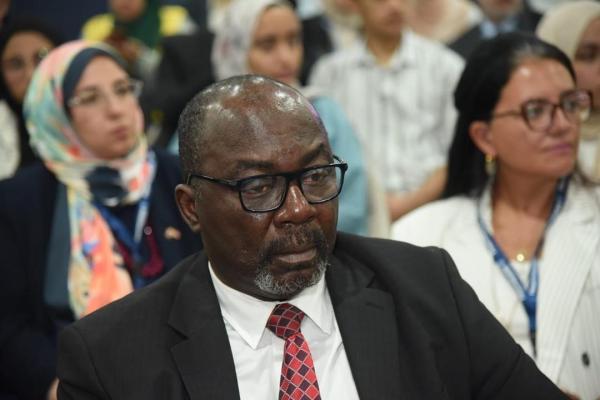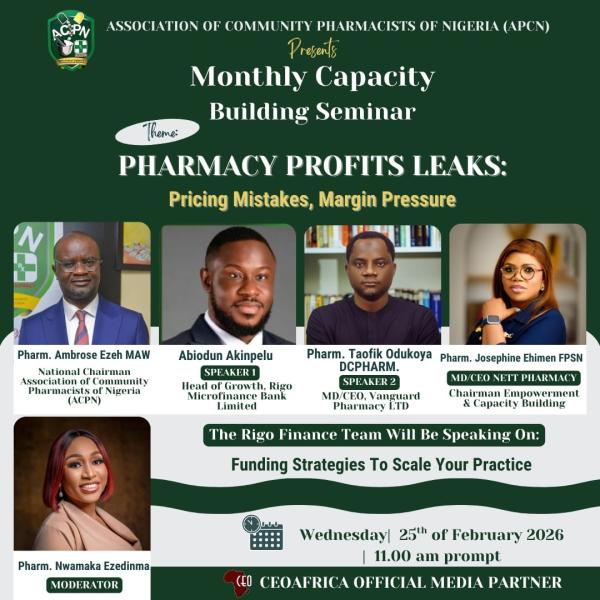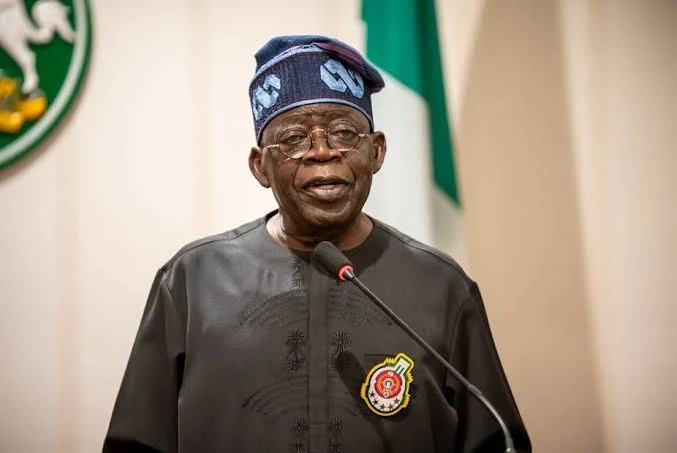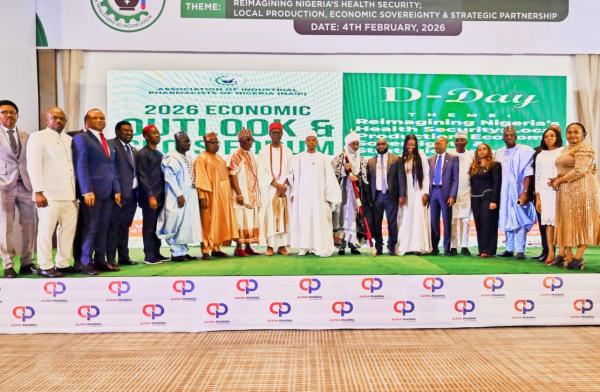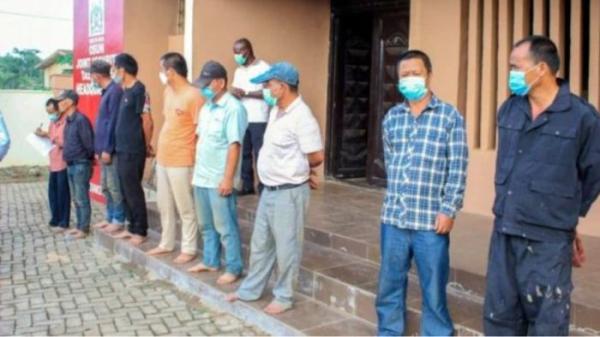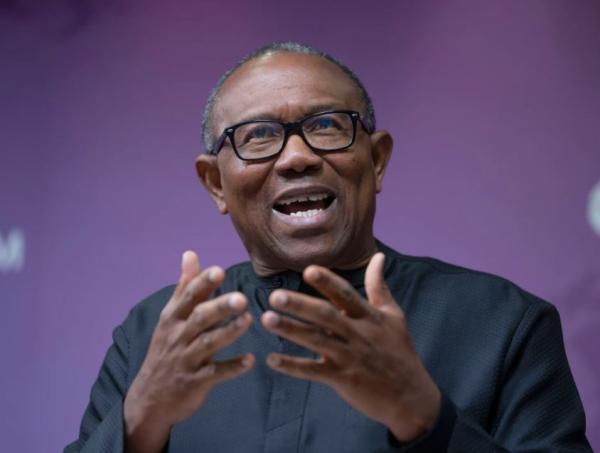
Bishop Mathew Kukah
Nigeria – Sunday 18 July 2021: The Bishop of the Catholic Diocese of Sokoto, Rev. Matthew Hassan Kukah, has said that the challenge of rebuilding the country and moving it away from the brink requires collective efforts of all Nigerians.
In a statement sent to the United States House of Representatives Foreign Affairs Committee on “Religious Freedom Hearings” in Washington DC, Bishop Kukah said the persecution of Christians based on their faith rather than on any crimes they have committed poses one of the greatest threats to “our existence and common humanity”.
Kukah, who focused more on the Nigerian situation, said the country has remained volatile since independence, with over 500 tongues, adding that Nigeria remains one of the most enigmatic pieces of God’s real estate on earth, running, stumbling but never fatally falling except for a brief civil war.
The cleric, who accused the President Muhammadu Buhari-led government of running a nepotistic administration, said: “The challenge of rebuilding our country, moving it away from the brink requires collective efforts on our part. However, the policy choices of this government have reversed the gains we made in the area of peaceful co-existence and dialogue. We cannot give up. We must renew our commitment to creating a just society.”
Talking about religious freedom, Kukah said the experiences of the Christian community in Nigeria have been that of a tragic culture of persecution and death.
He recounted one of the incidents, saying that on January 2020, four Seminarians were kidnapped inside the Good Shepherd Major Seminary Kaduna.
According to Kukah, “After prolonged negotiations and the payment of ransom, three of them were released while one, Michael Nnadi from the Diocese of Sokoto, was brutally murdered.
“There have been dastardly actions directed at Christians because of their faith. We have cases of pastoral agents such as priests and nuns who have been kidnapped, released after the payment of ransom or brutally murdered. Churches, medical facilities, presbyteries have been razed to the ground with no provocations from the communities.”
The Catholic priest, who had come under threats and verbal attacks from some non-Christian adherents for his views, urged the international community to rise in defence of the freedom of Christians everywhere in the world to live and practise their faith without persecution.
On the other hand, Kukah said that majority of those who are good Muslims must rise in defence of their religion by reversing people’s perception of the religion as being inhuman.
Kukah also said that international aid organisations must reset the donor templates of their engagement with countries that are in conflict, adding that the country presently needs support for education, orphans, widows and victims of violence.
The fiery priest lamented that the policy choices of the present government have reversed the gains made over the years by the country in the area of peaceful co-existence and dialogue.
He said the country is going through a lot of challenges that will take collective efforts to resolve.
“With over 500 tongues, Nigeria remains one of the most enigmatic pieces of God’s real estate on earth. Running, stumbling but never fatally falling except for a brief civil war, she is home to one out of five black people on earth.
“Highly resourced, but endemically corrupt, a combination of serious governance missteps, series of military coups, years of maladministration, a culture of violence have seriously slowed down what should have been one of the greatest nations on earth. It has left its people vulnerable to poverty, disease, violence and death,” he said.
Kukah further told the public hearing that the most critical needs of most Nigerians, who were victims of violence, are education of orphans, support for widows and other victims of violence.
He said bringing succour to these suffering people requires not only huge financing but a better approach to meeting such needs.
“My appeal therefore is that aid agencies consider more practical ways of engaging church structures to alleviate the sufferings of the victims of persecution by way of granting scholarships to vulnerable children,” Kukah added.












